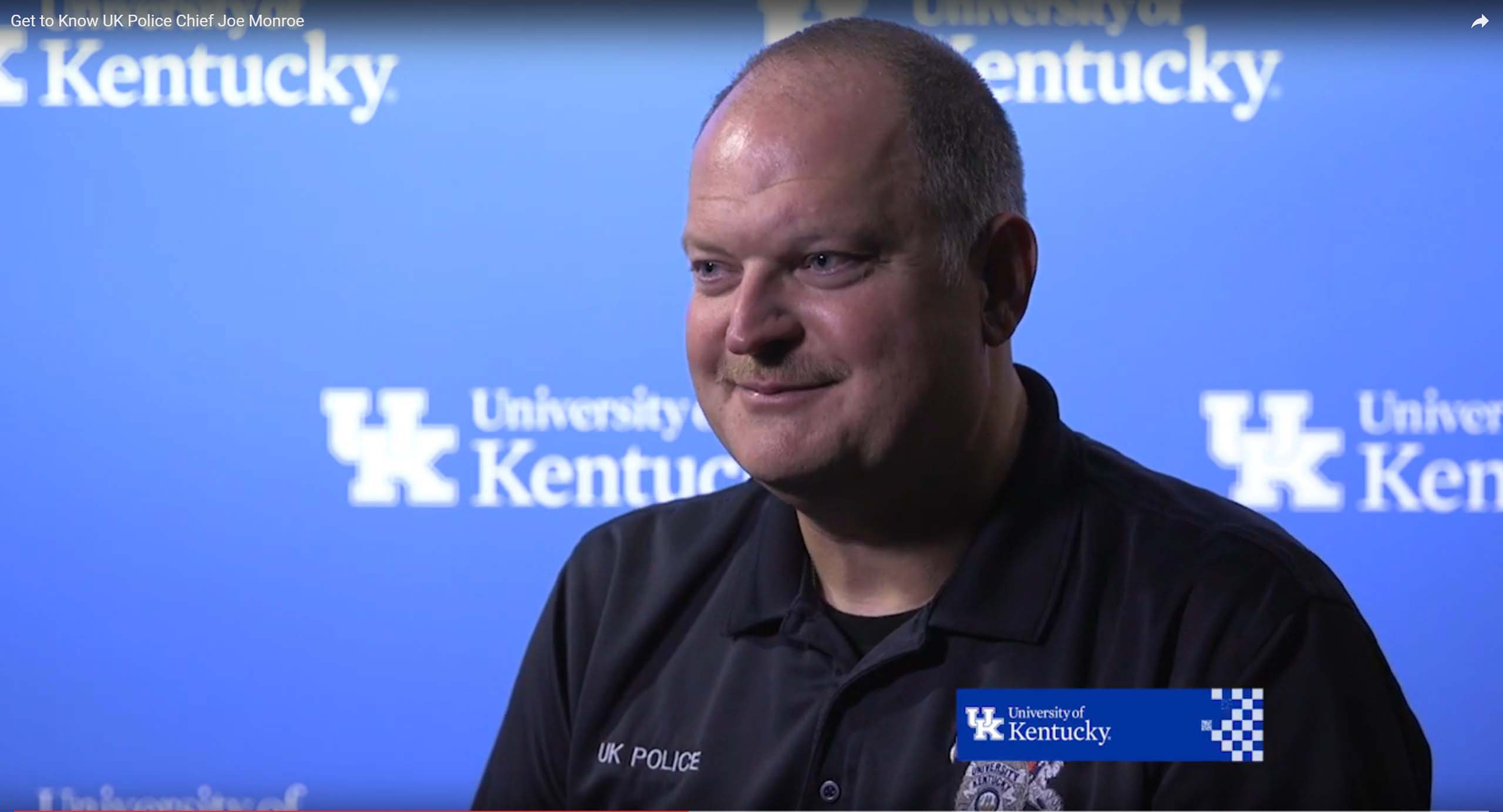I am thrilled to welcome a high caliber class of new faculty to the College this fall. Arts & Sciences is fortunate to have 42 new faculty (professors and lecturers) joining us as the semester starts. Over the next few blogs, I hope to acquaint readers with these new additions to the A&S team.
Allow me to introduce these new faculty members in the Departments of Chemistry and Physics.
Ribhu Kaul (Physics)
The field of "condensed matter theory" is concerned with understanding the rich diversity of our material world from the most fundamental laws of physics, i.e. quantum mechanics. More specifically, Ribhu’s research focuses on the consequences of quantum mechanics on systems of infinite particles. Many-body quantum physics forms the basis of our understanding of the properties of a growing number of complex materials that are being synthesized in laboratories all over the world. The enormous number of electrons in these artificial materials find themselves in an extreme environment in which they lose their individual character, acquiring a collective identity that is governed by the fascinating laws of quantum mechanics. While a theoretical description of our material world is of fundamental interest in our comprehension of nature, predictive powers over such materials are also crucial in the search for the building blocks of future technologies.
Sung Seo (Physics)
Sung’s research is focused on spin-orbital-charge dynamics of electrons in atomic-scale hetero-interfaces and hetero-structure materials, which can open a new route to technological breakthroughs. His educational maxim is "Helping my students to become better than myself." In this way, he wants to contribute to College of Arts and Sciences’ success in producing excellent next-generation scientists and leaders.
Jason DeRouchey (Chemistry)
Jason’s primary interest is in understanding electrostatic complexation and disassociation by focusing on measuring, characterizing and codifying the forces that govern the self-organization of a wide variety of biological molecules. Current research topics include protamine-DNA interactions that dictate packaging within sperm heads, the assembly and disassembly processes of various polycation-DNA complexes used in gene delivery, and investigating drug-DNA adduct forces within DNA condensates using small molecule DNA binding drugs typical for cancer and other therapies.
Beth Guiton (Chemistry)
Beth’s primary interest is in the synthesis of inorganic nano-materials for energy applications and their characterization, in particular using transmission electron microscopy techniques.
Marcelo I. Guzman (Chemistry)
Marcelo’s work focuses on the study of the interaction of light with organic compounds present in low water activity environments, such as atmospheric aerosol, clouds, and fogs. Studying decarbonylation and decarboxylation reactions in ice to simulate the photolysis of dissolved organic matter within glacial ice, is another research interest. The results will support the in situ production of anomalous carbon oxides levels detected in some ice core records.
Marcelo plans to use solid state nuclear magnetic resonance to improve the understanding of how acidity changes, and the hydration of organic molecules remains dynamic in the quasi-liquid layer of ice and snow. This research is relevant to food chemistry, atmospheric chemistry, and cryogenic storage.
A more recent project of astrobiological relevance is the search for the abiotic origin of metabolism, and the study of mineral surface photoelectrochemistry as a pathway to reduce inorganic carbon and form organic precursors necessary for the origin of life. He would like some of the new students to continue this work in the direction of producing fuels (organic molecules feedstock) from carbon dioxide via photoelectrochemical reactions.












